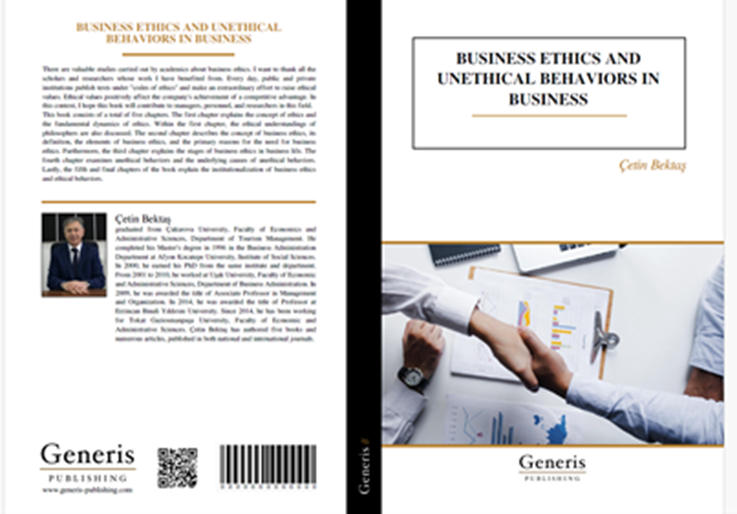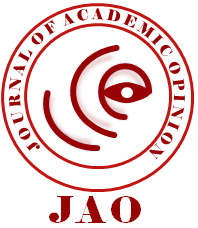'E-Economics' Teaching / Learning in the Covid-19 Pandemic Process: A Short SOWT Review for Turkey
DOI:
https://doi.org/10.5281/zenodo.7497186Keywords:
E-economics teaching, learning, SOWT analysis, Covid-19 pandemicAbstract
The e-education sector, which existed at a certain level before the Covid-19 epidemic, is given more importance with the epidemic that caused the closure of schools and made online education necessary. E-economics teaching / learning activities, which are a component of e-education, have become more popular in universities in Turkey within the scope of open education and distance education models. While the most positive side of the e-economics teaching model is that it is not subject to space and time limitations thanks to the internet, the most negative side is that it becomes prone to ordinaryization and poor quality. The subject and purpose of this study is to identify the strengths (S), the opportunities (O), the weaknesses (W) and the threats (T) of this model in the light of the general characteristics of e-economics teaching model, and to put forward some suggestions with the help of this SOWT analysis. The e-economics teaching model has also developed thanks to the constantly developing knowledge / information technology, This model opens the doors of lifelong learning to everyone for a classless society, unique to the age of internet economy
References
Barysch, Katinka, Hugo Brady, etc (2006), “EU 2010: A
Program for Reform”, Centre for European Reform Manifesto, February.
Bilgi Toplumu Forum, “Dünya E-eğitim'i Tartışıyor: Sınıfta Değil Evde
Öğrenim!” http://www.bilgitoplumu.net/yaf/Default. aspx?g =posts&t=57
Commission of the European Communities (2002), “E-learning:
Designing Tommorow’s Education”, Commission Staff Working Paper,http://ec.europa.eu/education/archive/ elearning /sec_2002_236_en.pdf
MacLeod, W. Bentley and Miguel Urquiola (2009), “Anti-Lemons: School
Reputation and Educational Quality”, NBER Working Paper, No. 15112, June, http://www.nber.org/papers/w15112
Massy, Jane (2005), “Final Report: Study of the E-learningSuppliers'
Market in Europe”, Danish Technological Institute, January, http://ec.europa.eu/education/archive/elearning/ doc/ studies/market_study_en.pdf
Merino, D.Castillo and Mikael Sjöberg (2008), “A theoretical framework
for he economics of e-learning”, in Monograph “The Economics of E-Learning”, RUSC Vol. 5/1, Revista de Universidad y Sociedad del Conocimiento,
Downloads
Published
How to Cite
Issue
Section
License
Copyright (c) 2021 Journal of Academic Opinion

This work is licensed under a Creative Commons Attribution 4.0 International License.





